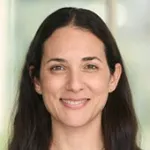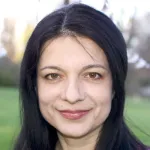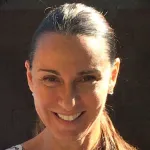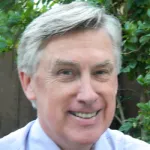
Kevin Chuen Wing Chan - Associate Professor of Ophthalmology
Dr. Kevin Chuen Wing Chan is an Associate Professor of Ophthalmology and the Director of the Neuroimaging and Visual Science Laboratory at Stanford University School of Medicine. Dr. Chan's laboratory focuses on developing and applying new, non-invasive methods for imaging neurodegeneration, neurodevelopment, neuroprotection, neuroplasticity, and neuroregeneration in vision-related diseases and injuries to guide vision preservation and restoration.










